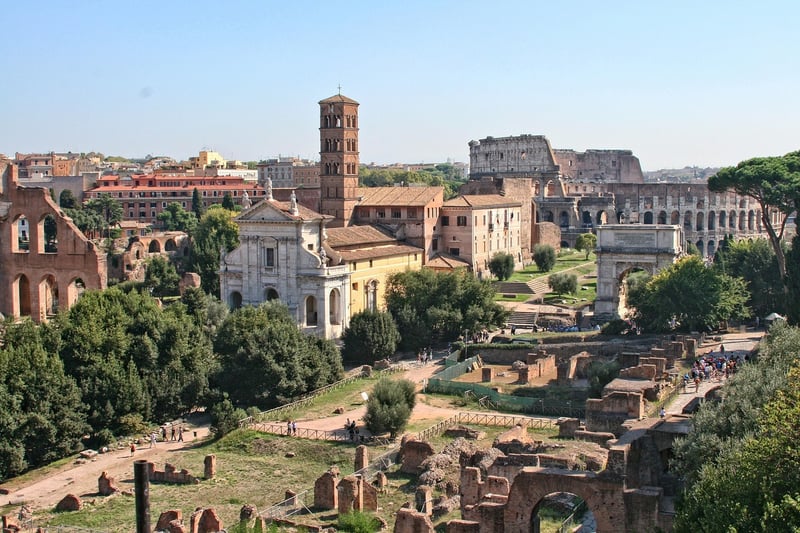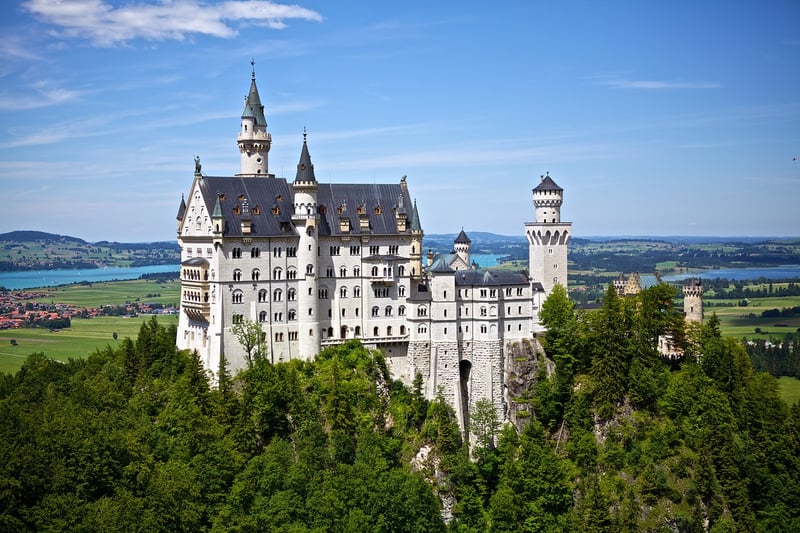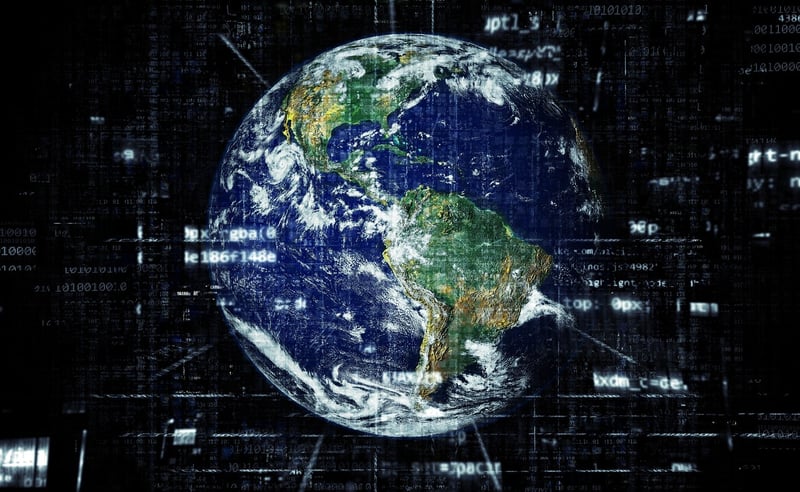Future Exploration
Exploring Different Eras and Future Exploration
Introduction
Exploring different historical eras can offer us a unique perspective on how societies have evolved over time. From ancient civilizations to the modern age, each era has its own distinctive characteristics and contributions to human history. Additionally, looking towards future exploration opens up exciting possibilities for further discovery and innovation.
Ancient Era
The ancient era, spanning from the emergence of early civilizations to the fall of the Roman Empire, is a period rich in cultural, architectural, and technological advancements. Ancient civilizations such as the Egyptians, Greeks, and Romans have left a lasting legacy in art, philosophy, and governance.

Medieval Era
The medieval era, characterized by feudalism, castles, and chivalry, witnessed remarkable developments in architecture, literature, and trade. The Middle Ages saw the rise of powerful empires and the spread of Christianity across Europe.

Industrial Era
The industrial era marked a significant shift towards mechanization, urbanization, and industrial revolution. Innovations such as steam engines, telegraphs, and factories transformed societies and economies, leading to rapid advancements in technology and infrastructure.

Modern Era
The modern era, characterized by globalization, digitalization, and scientific breakthroughs, has reshaped the world in unprecedented ways. The 20th and 21st centuries have seen rapid advancements in communication, medicine, and space exploration.

Future Exploration
Looking ahead, future exploration holds immense promise for humanity. Advancements in space exploration, artificial intelligence, sustainable energy, and biotechnology are paving the way for a new era of innovation and discovery. From colonizing Mars to harnessing renewable energy sources, the future is full of exciting possibilities.
Conclusion
Exploring different eras allows us to appreciate the progress and achievements of past civilizations while future exploration opens up a world of possibilities for continued growth and advancement. By learning from the past and embracing the future, we can chart a course towards a more prosperous and sustainable world.
References: Pixabay
